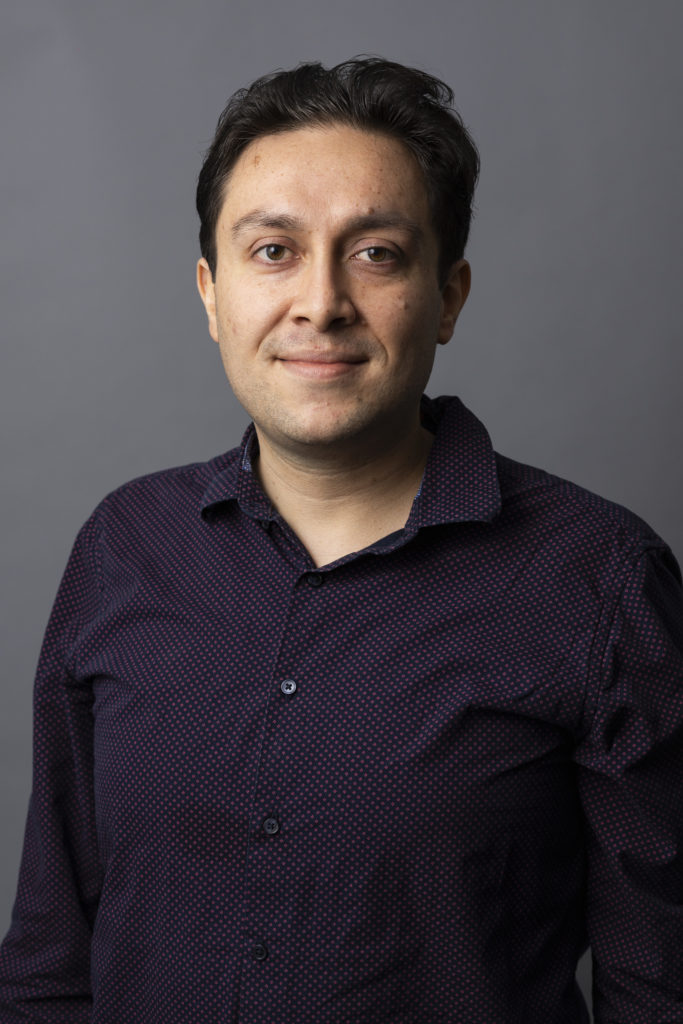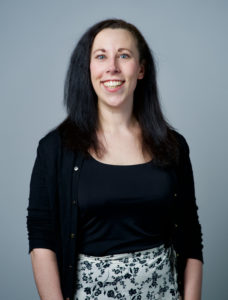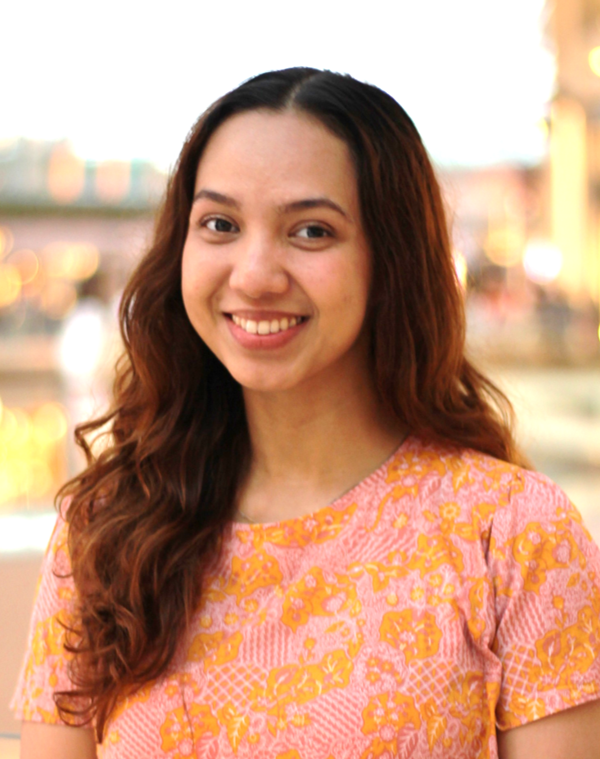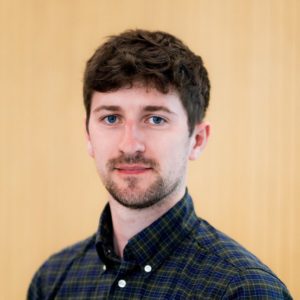
We are delighted to introduce the next contribution to our New Principal Investigators collection.
Read the paper
Plasmonic nanoparticles boost low-current perovskite LEDs governed by photon recycling effects
Jaime Bueno, Alberto Jiménez-Solano, Miguel Anaya and Sol Carretero-Palacios
This work demonstrates how embedding plasmonic nanoparticles in perovskite LEDs boosts emission efficiency, achieving up to a four-fold enhancement in external quantum efficiency at ultra-low injection currents. These advances are enabled by a rigorous three-dimensional theoretical model that, for the first time, accounts for photon recycling when photonic nanostructures are incorporated, opening new design pathways for next-generation energy-efficient light sources.
Meet the Principal Investigator

Since September 2023, Sol has been a Tenured Scientist at the Instituto de Ciencia de Materiales de Madrid (ICMM-CSIC), where she leads the theoretical branch of her research group. Her work focuses on modeling light–matter interactions at the nanoscale, with applications in optoelectronic devices, nanostructured materials, sustainable technologies, and Casimir forces in optical systems. As Principal Investigator, she has secured several national projects in Spain as well as international funding through a MSCA Doctoral Network. She earned her PhD in Physics from the University of Zaragoza, including a research stay at the Australian National University, and carried out postdoctoral research at LMU Munich, the Institute of Materials Science of Seville, and the Universidad Autónoma de Madrid, supported by prestigious fellowships such as the Alexander von Humboldt and Juan de la Cierva. In recognition of her mentoring, she received the 2024 Best Early-Career PhD Supervisor Award from CSIC, and she remains actively involved in initiatives that promote inclusivity in science.
You’ve recently started your own group, what are the big research question/s your group will be focussing on?
Rather than pursuing a single “big question,” my group is dedicated to uncovering connections across different topics where knowledge from one field can unlock progress in another. For example, we apply our expertise in optical materials not only to optoelectronic devices such as detectors, LEDs, and solar cells, but also to unconventional challenges such as mitigating ice and snow loss in glaciers, exploring mechanisms for ocean preservation on icy worlds, and potentially using photonic structures for exoplanet detection. This diversity reflects my own constant curiosity for understanding different problems, and we address them by combining rigorous theoretical formalisms with emerging tools from artificial intelligence, aiming to advance areas where conventional approaches have reached their limits.
What inspired you to get into science?
Since childhood, I have been driven by curiosity and a need to ask “why,” across many different subjects. At the same time, I wanted to dedicate myself to something that could benefit others. For me, science, particularly in academia, embodies that balance of curiosity and altruism, an honest pursuit of knowledge that aligns with who I am and the values I want to bring to my work.
What advice would you give to those who are seeking their first group leader position?
My advice is to focus on working in an area you are genuinely passionate about, and to find a team and environment where people inspire and support one another. In a kind and encouraging atmosphere, ideas emerge more naturally, motivation stays high, and it is easier to achieve ambitious goals. Finding the right place to grow and develop is crucial: when passion and effort are nurtured in such conditions, success and recognition will follow naturally.















 Tracking changes inside cells is essential for understanding both normal biological functions and disease processes. Fluorescent probes are valuable tools for this purpose, offering advantages over genetically encoded alternatives. Despite significant advances in organelle-specific probes, several challenges persist. This work highlights key design strategies for such probes, including cellular uptake mechanisms and the interplay between the properties of the target organelle and the physicochemical characteristics of the probe. Additionally, it showcases recent advancements and addresses current challenges in the development of organelle-targeted fluorescent probes.
Tracking changes inside cells is essential for understanding both normal biological functions and disease processes. Fluorescent probes are valuable tools for this purpose, offering advantages over genetically encoded alternatives. Despite significant advances in organelle-specific probes, several challenges persist. This work highlights key design strategies for such probes, including cellular uptake mechanisms and the interplay between the properties of the target organelle and the physicochemical characteristics of the probe. Additionally, it showcases recent advancements and addresses current challenges in the development of organelle-targeted fluorescent probes. After completing her BSc at Universitas Indonesia (UI), Samira Husen Alamudi received her PhD in chemistry from the National University of Singapore (NUS) in 2015 under the supervision of Prof. Young-Tae Chang. She then pursued postdoctoral studies at NUS and later worked as a Research Fellow at the Agency for Science, Technology and Research (A*STAR), Singapore, with Prof. Young-Tae Chang and Prof. Ichiro Hirao until 2021. She subsequently worked in the biotechnology industry before joining UI in 2023, where she is currently an assistant professor. Her research interests include the development of small fluorescent probes for monitoring intracellular dynamics in native cellular environments.
After completing her BSc at Universitas Indonesia (UI), Samira Husen Alamudi received her PhD in chemistry from the National University of Singapore (NUS) in 2015 under the supervision of Prof. Young-Tae Chang. She then pursued postdoctoral studies at NUS and later worked as a Research Fellow at the Agency for Science, Technology and Research (A*STAR), Singapore, with Prof. Young-Tae Chang and Prof. Ichiro Hirao until 2021. She subsequently worked in the biotechnology industry before joining UI in 2023, where she is currently an assistant professor. Her research interests include the development of small fluorescent probes for monitoring intracellular dynamics in native cellular environments.